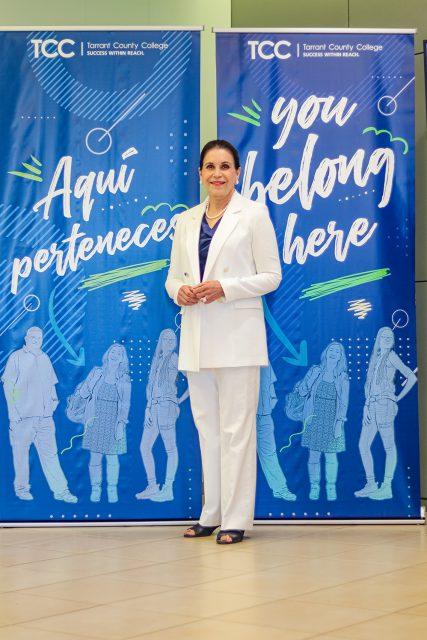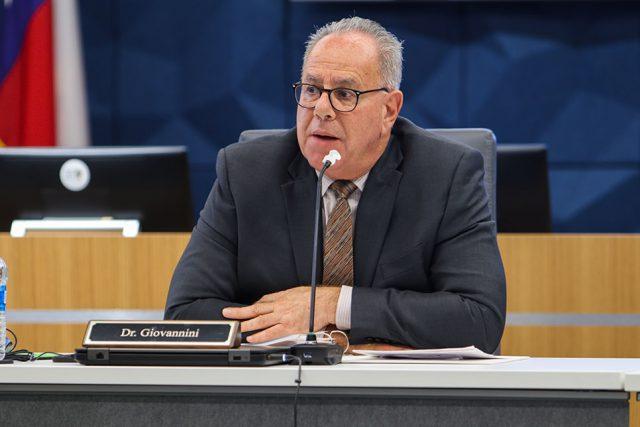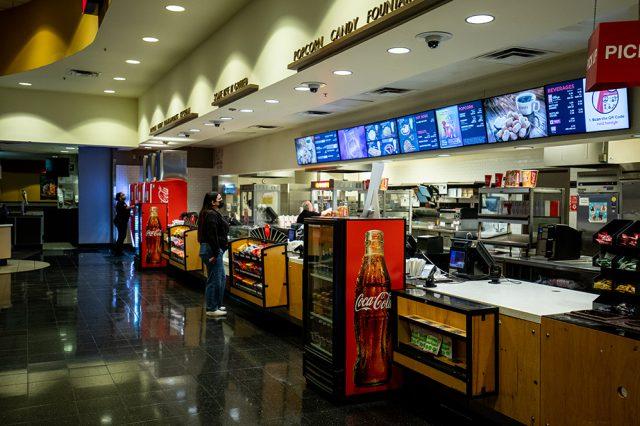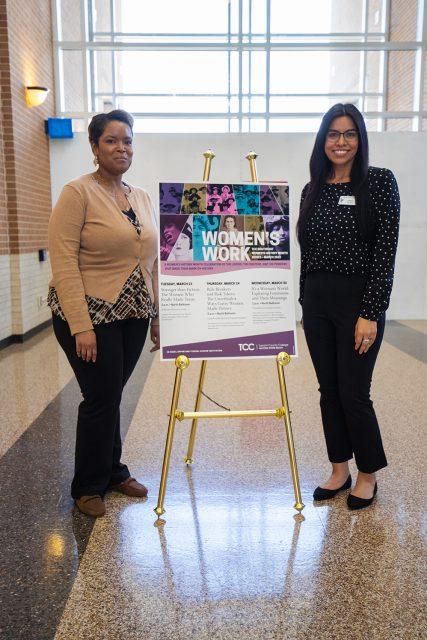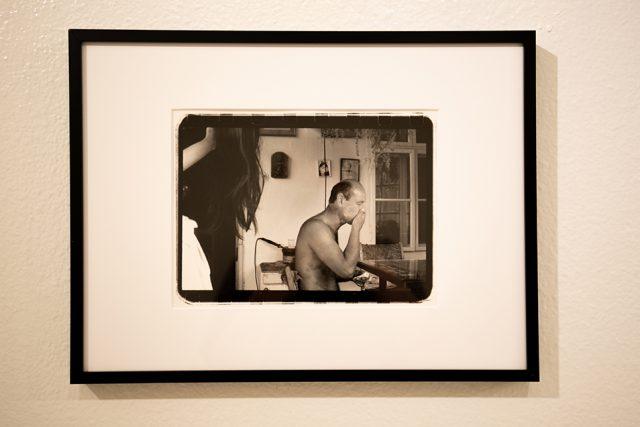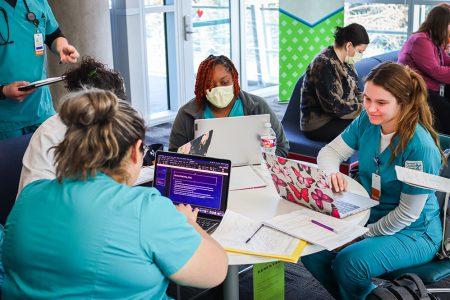
JUAN SALINAS II
senior editor
juan.salinas465@my.tccd.edu
TCC sent out an email March 24 informing students, staff and faculty that it’s ending COVID-19 related protocols, and the faculty’s response has been mixed.
According to the email, this decision was made “in response to current [Centers for Disease Control and Prevention] guidance and declining cases across Tarrant County.” The protocols it’s ending are reporting, tracking and college notifications.
Previously, it was required that students and faculty that test positive for COVID submit a diagnosis and exposure form on TCC’s website.
“The TCC community has successfully adapted throughout the pandemic to circumstances as they change,” Chief Operating Officer Susan Alanis said.
Alanis ensured TCC would continue to monitor the prevalence of community spread in Tarrant County and make changes if necessary.
TCC has also decided to close all district vaccination and testing sites March 31. This decision was made due to the decrease in demand and the Health Resources and Services administration’s decision to no longer fund COVID-19 testing or vaccinations, according to the TCC COVID-19 update webpage.
“Closing the vaccine and testing sites may be problematic for some students, but there are still widely available community resources,” TR assistant dean of nursing Virginia Covington said.
Despite that initial concern, Covington agrees with discontinuing self-reporting.
“Prevention protocols have always been optional at TCC, and many faculty, staff and students continue to choose that precaution,” Covington said. “The North Central Texas Trauma Regional Advisory Council and the Tarrant County Public Health have determined that new Tarrant County COVID-19 cases per 100,000 people are steadily decreasing at this time with a community classification level of low.”
Covington said it is a personal choice to take COVID precautions.
“Mask or no mask can be up to individuals,” she said. “However, we need to ensure that those with a positive case of COVID-19 stay away from others.
TR instructor Varnessa Dorsey said the public should still be cautious of COVID because the future is still uncertain.
“I understand that we want to get things back to normal, but define normal,” Dorsey said. “In nursing, we should not use ‘normal’ in our documentation. Normal can mean different things to different people.”
NE professor of English Debra Frances has mixed feelings about the announcement.
“I would advise them to take precautions, but students are adults and can make their own informed, science-based decisions,” Frances said. “Emotions and politics have no place in health-based decisions.”
She said TCC brought back in-person classes too soon, but overall, it worked out. She has noticed fewer students reporting COVID-19 this semester.
But, when it comes to faculty, she feels TCC is throwing them under the bus by ending paid emergency leave and remote work associated with COVID-related quarantine, which ended March 11.
“Who exactly, name and rank, is responsible for that decision,” she said. “It would be nice to be in on that kind of decision-making as a faculty member. After all, I am on the front line, and the person making that decision probably is not in a classroom and has not been, either ever or maybe for years.”






















